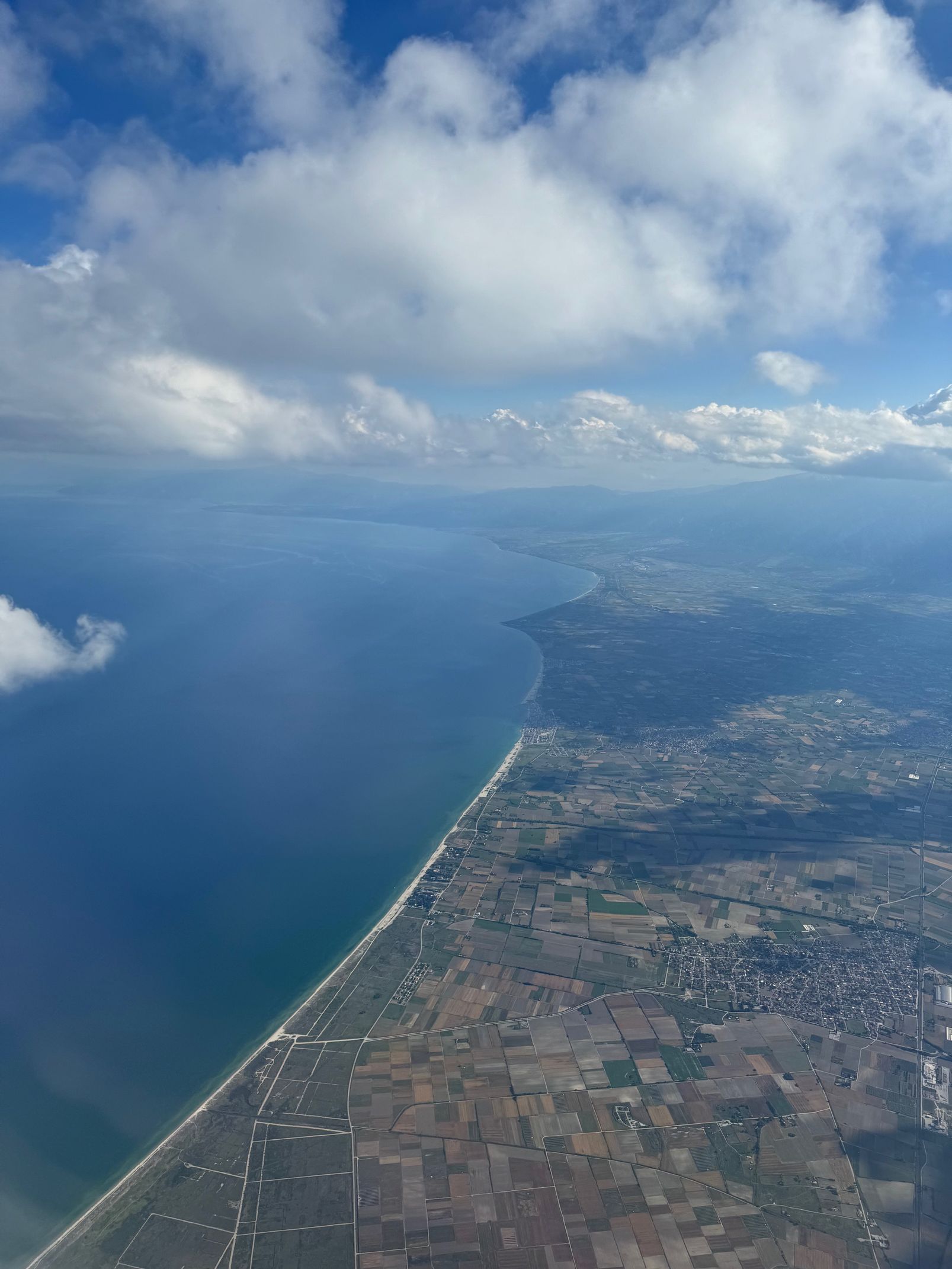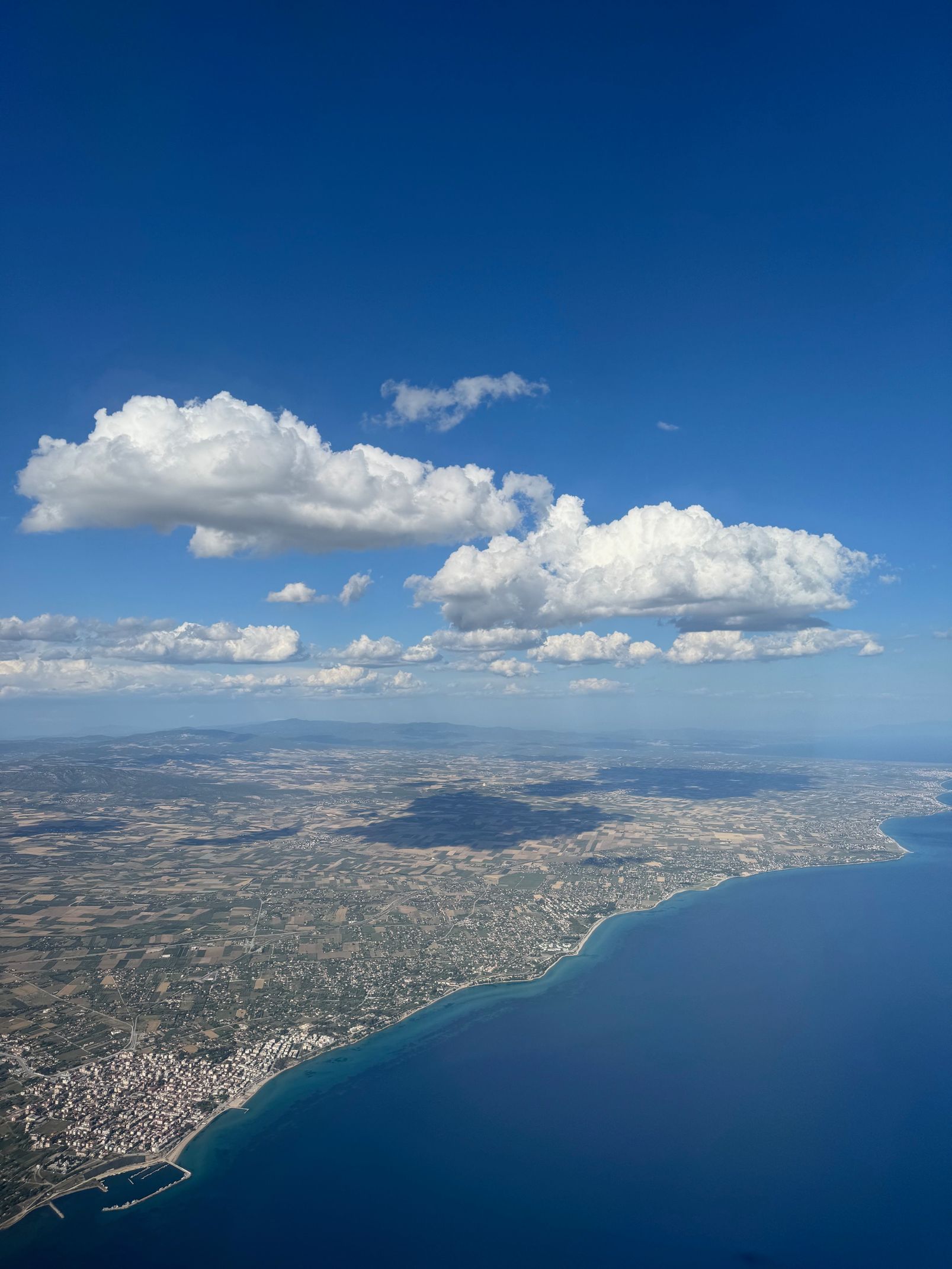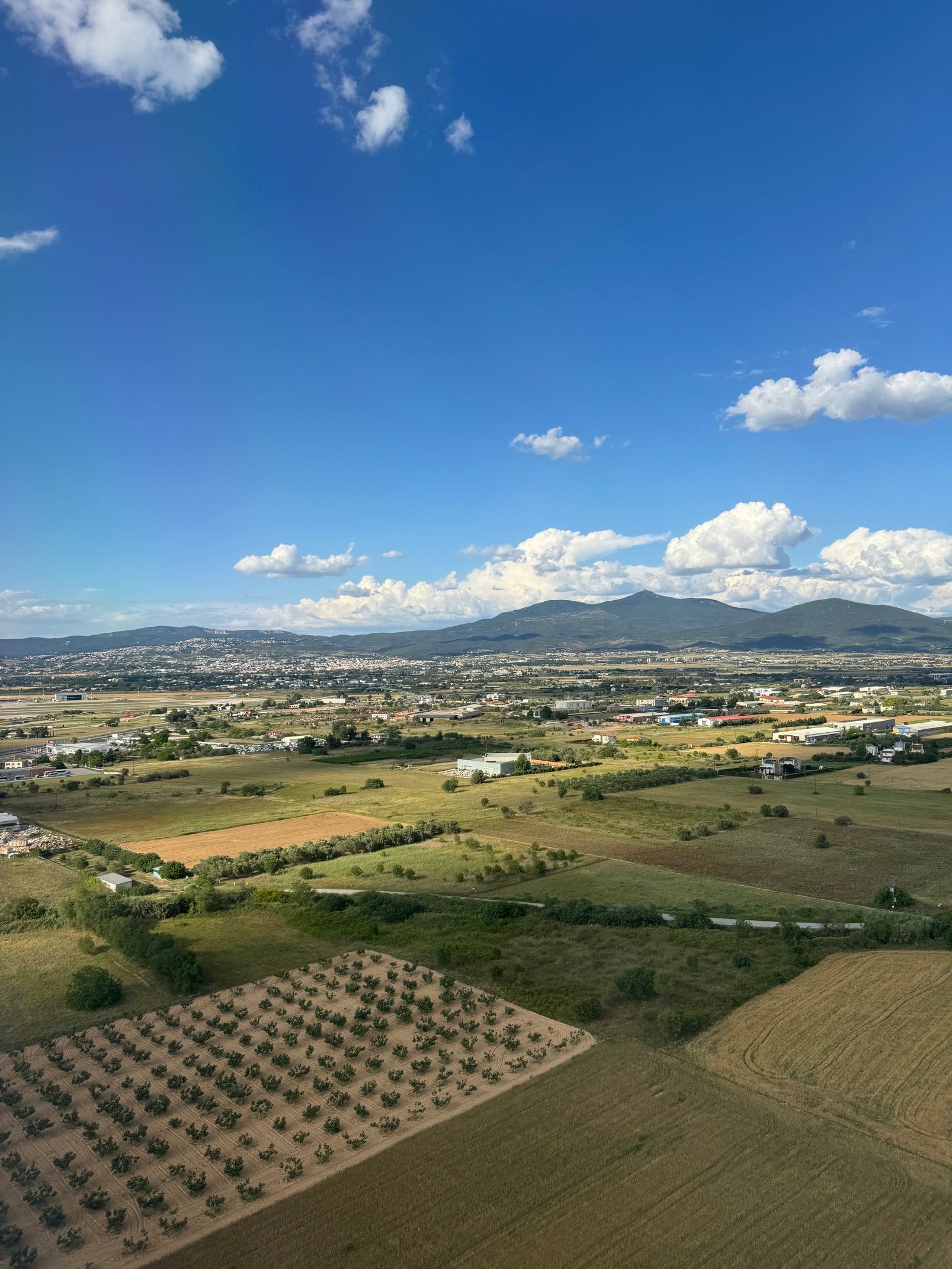Message of Abbot Paul - Friday - 24th May 2024
Abbot Paul • May 23, 2024
Today we continue our reading of Mark, (Mk 10: 1-12), where we find our Lord in Judaea, surrounded by a large crowd and teaching them. At this time a group of Pharisees approach him and put a question to him, no doubt to test his credentials as a preacher who draws such large crowds to hear his teaching. “They asked, ‘Is it against the law for a man to divorce his wife?’ They were testing him. He answered them, ‘What did Moses command you?’ ‘Moses allowed us’ they said ‘to draw up a writ of dismissal and so to divorce.’ Then Jesus said to them, ‘It was because you were so unteachable that he wrote this commandment for you. But from the beginning of creation God made them male and female. This is why a man must leave father and mother, and the two become one body. They are no longer two, therefore, but one body. So then, what God has united, man must not divide.’ Back in the house the disciples questioned him again about this, and he said to them, ‘The man who divorces his wife and marries another is guilty of adultery against her. And if a woman divorces her husband and marries another she is guilty of adultery too.’”
It’s quite obvious that Jesus is very learned in the Law, for the scribes and Pharisees never manage to catch him out or get the better of him. When they ask him about divorce, Jesus points to scripture and God’s original plan for marriage, that two become one body, one spirit in God’s love. United in God, no human being has the right to break that union. It was because they were unteachable that God allowed the writ of divorce. When the disciples question him, Jesus reiterates his dictum to the Pharisees and interestingly puts men and women on equal terms. If a man can divorce his wife on account of adultery, so can a woman divorce her husband, The words of Jesus prompt us to ask a question, perhaps. What, then, is annulment, the only process permitted and recognised by the Catholic Church? In a divorce, the contract or covenant between a couple is cut up and rejected, so that the marriage no longer exists. With an annulment, we set out to show and to prove that the marriage, in fact, never existed, that the couple were never married in the first place. For example, a marriage based on deception, a forced marriage, a marriage between a couple who were not free to marry, perhaps one of them was already married, and so on. Divorce and annulment are not the same!
This Gospel passage encourages us to pray for all married couples and those planning to marry. We pray especially for those marriages encountering difficulties.














